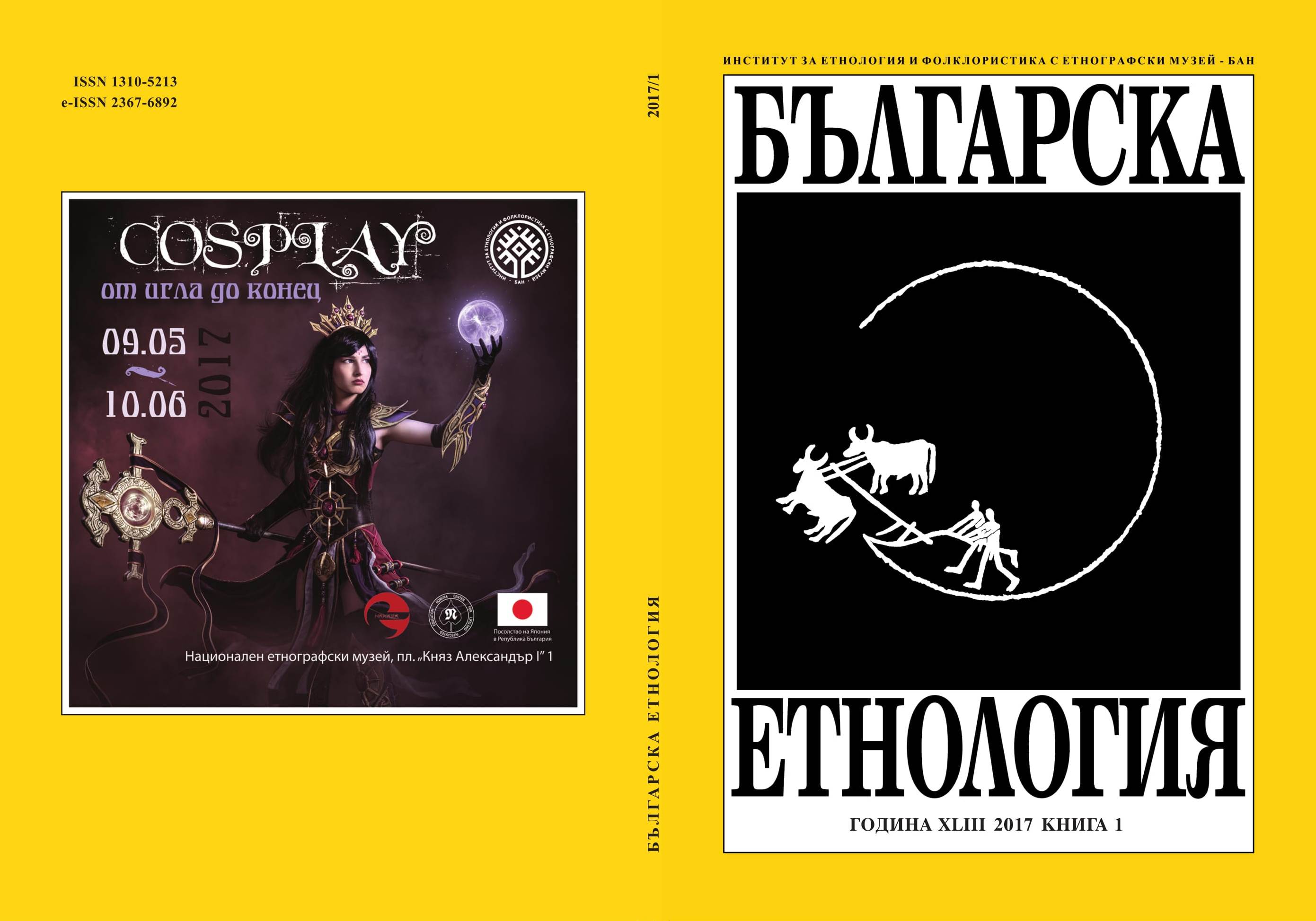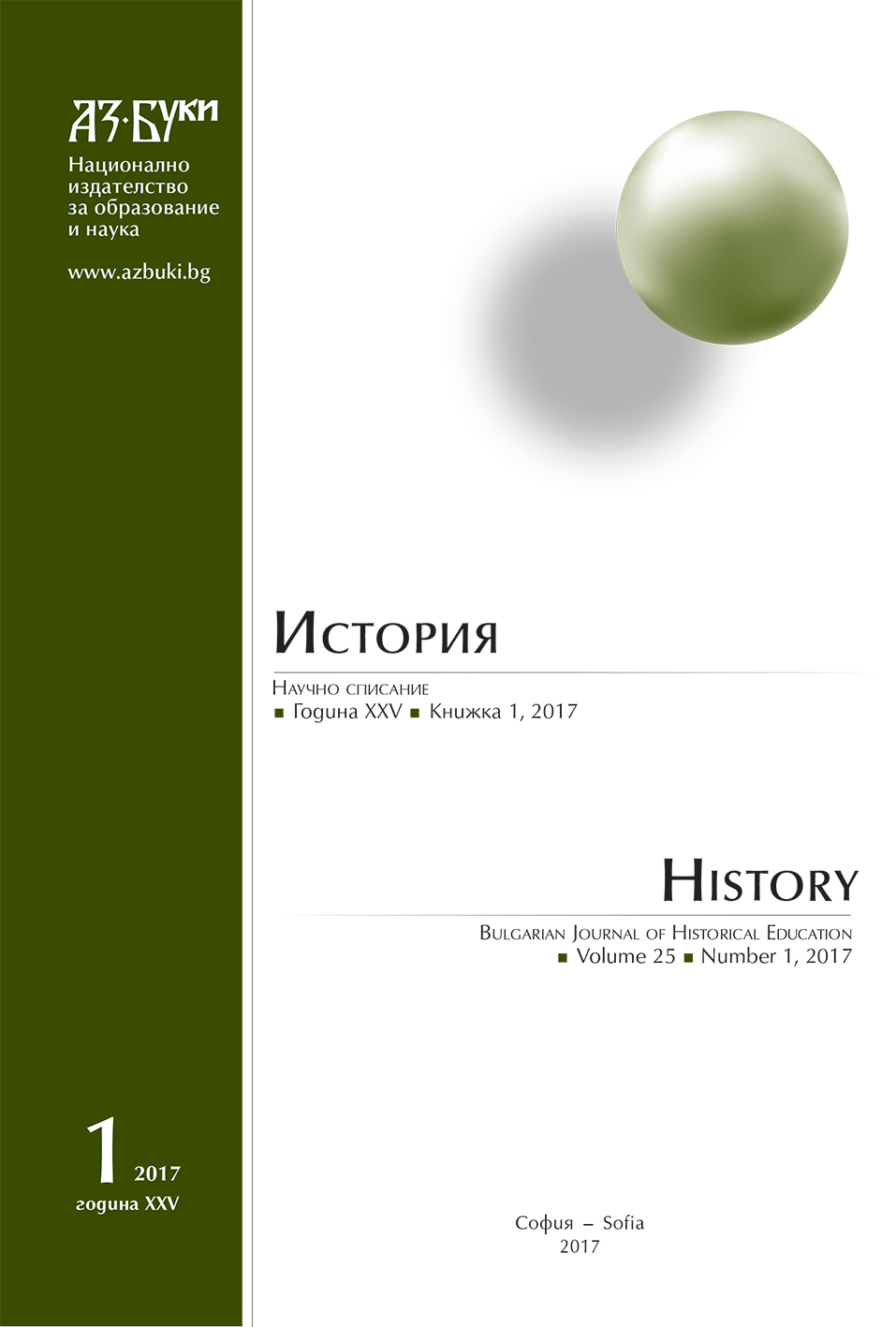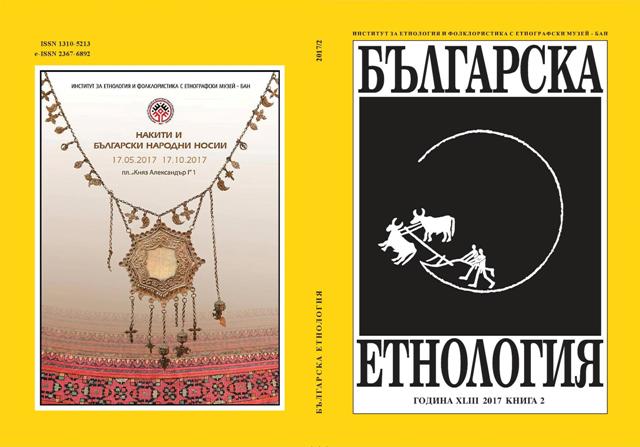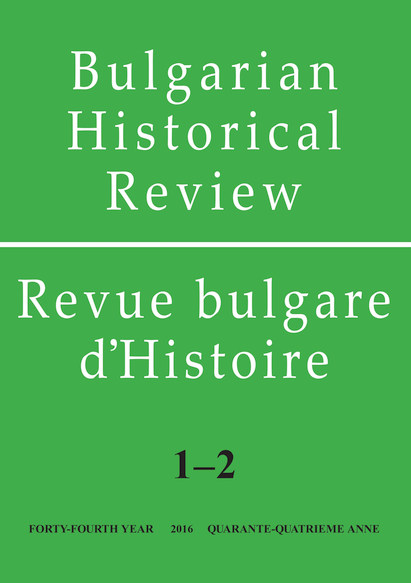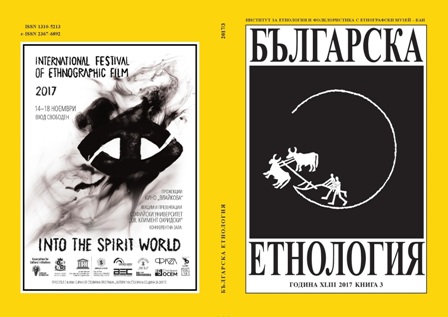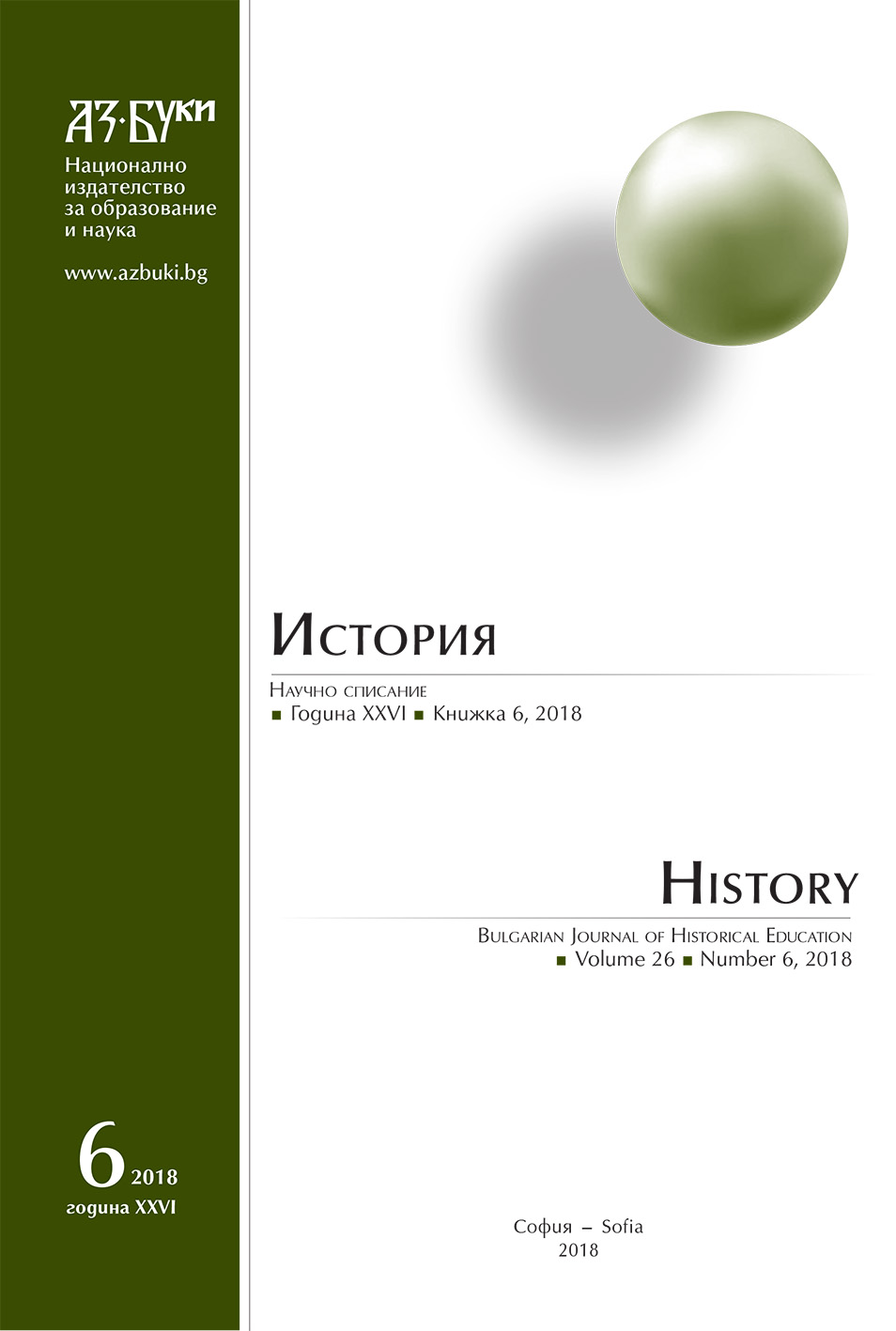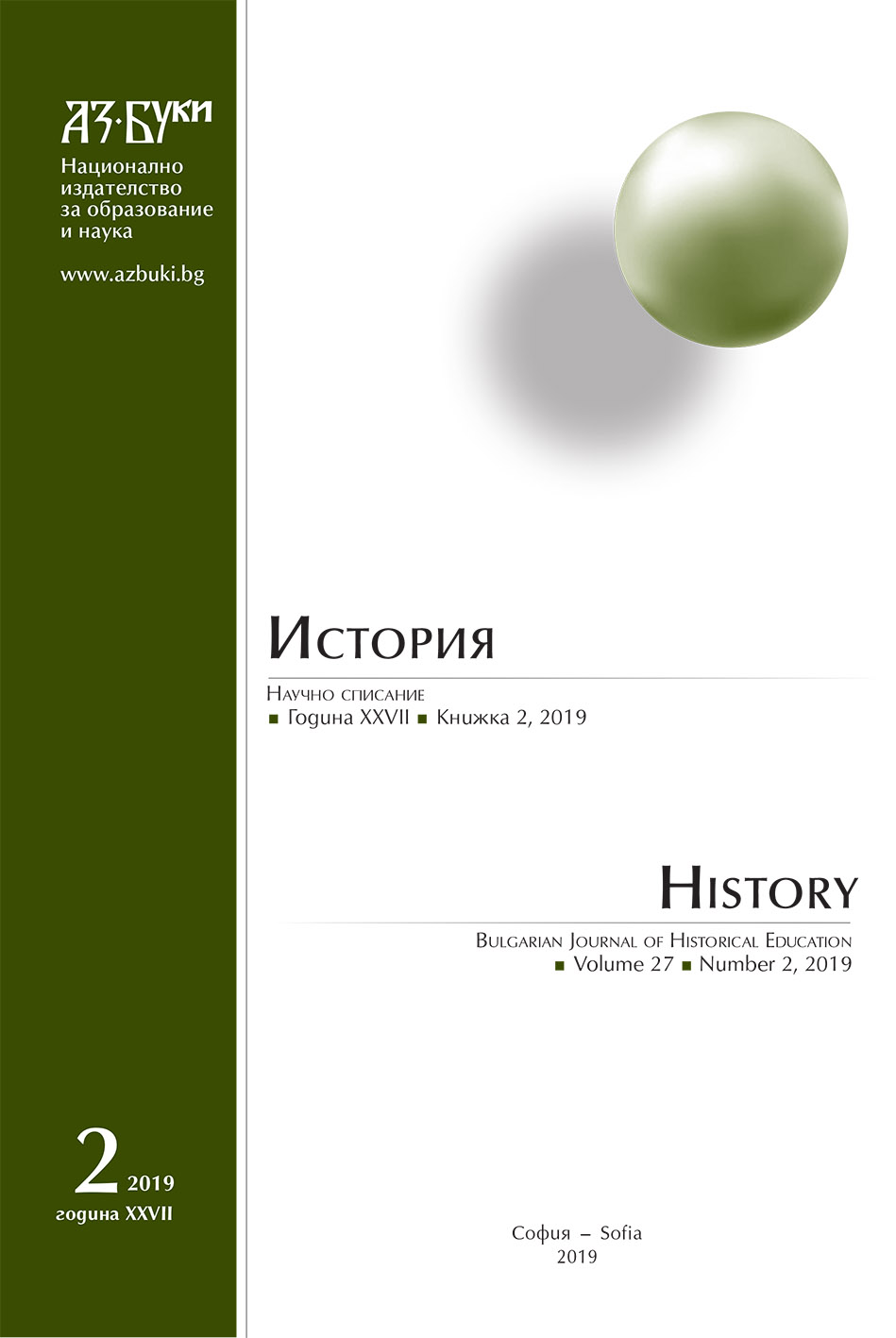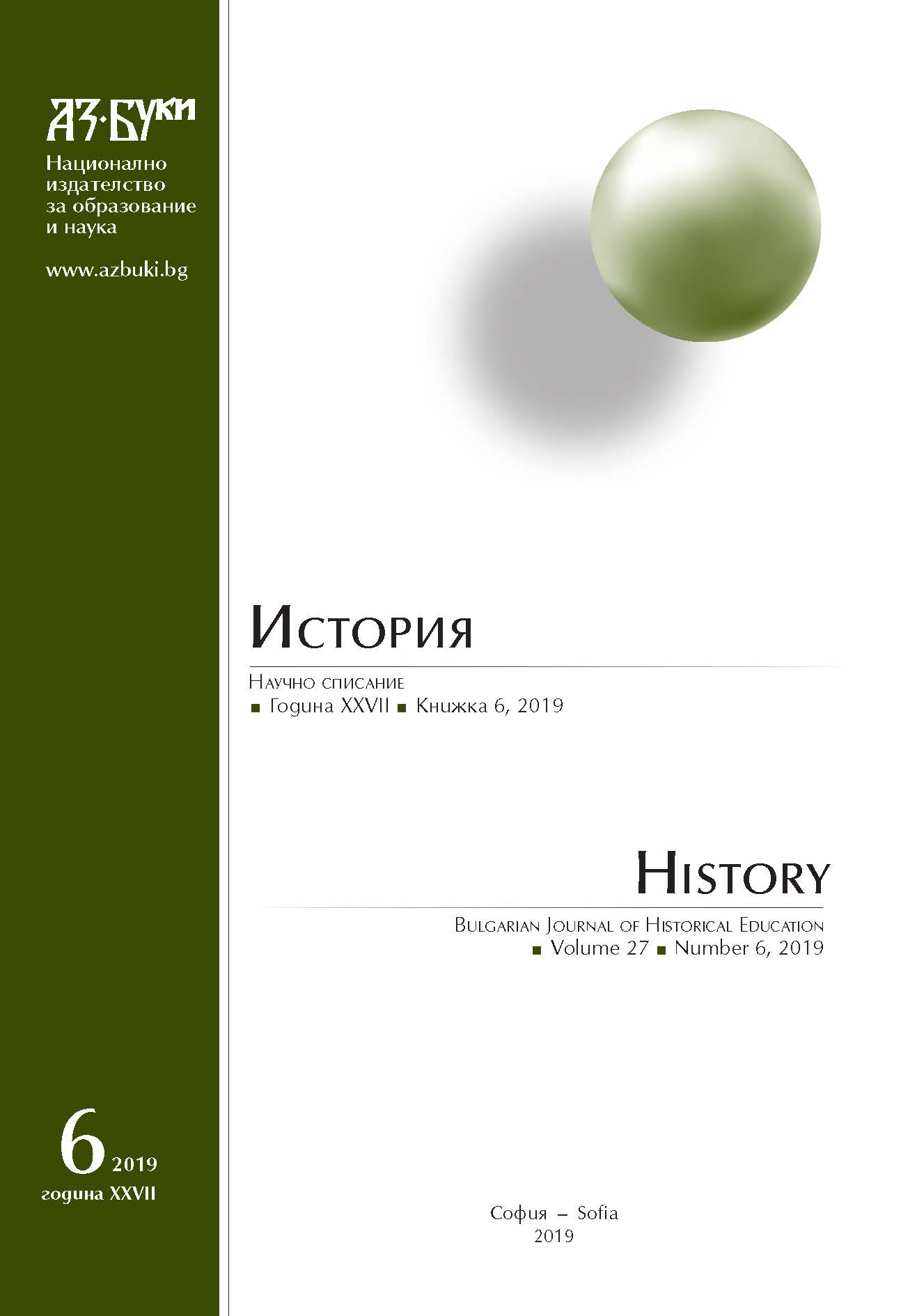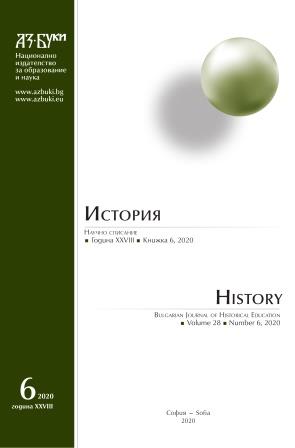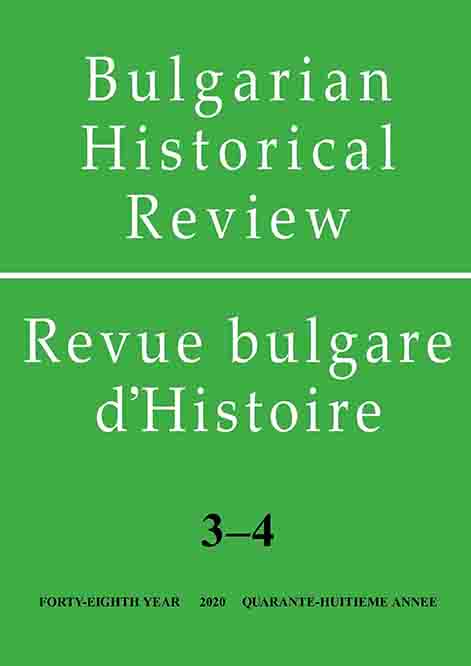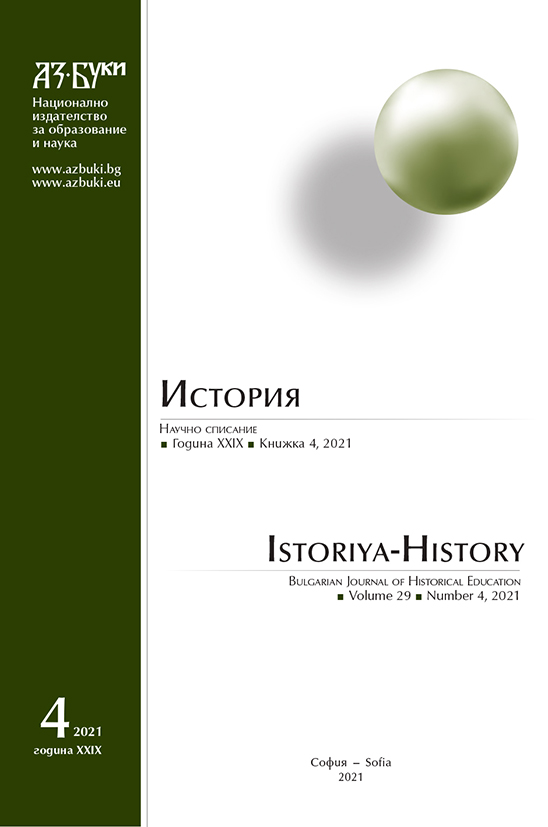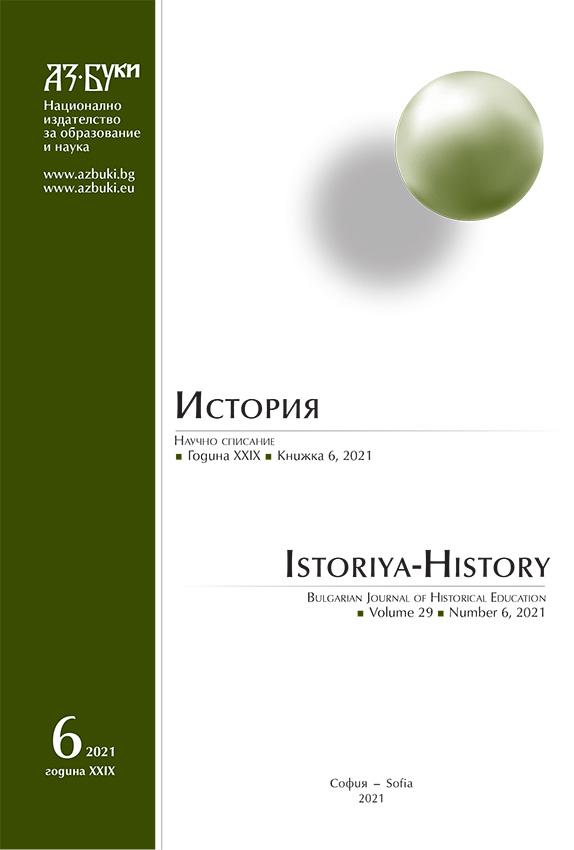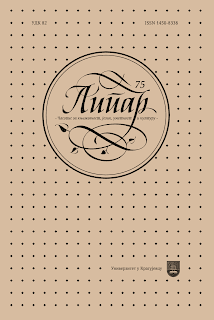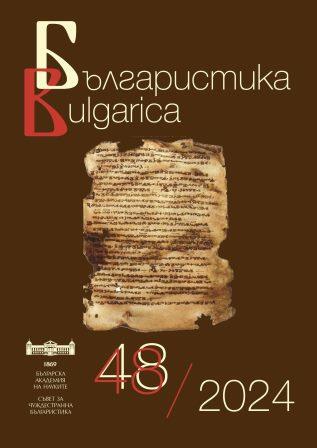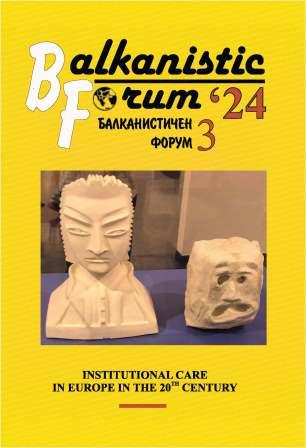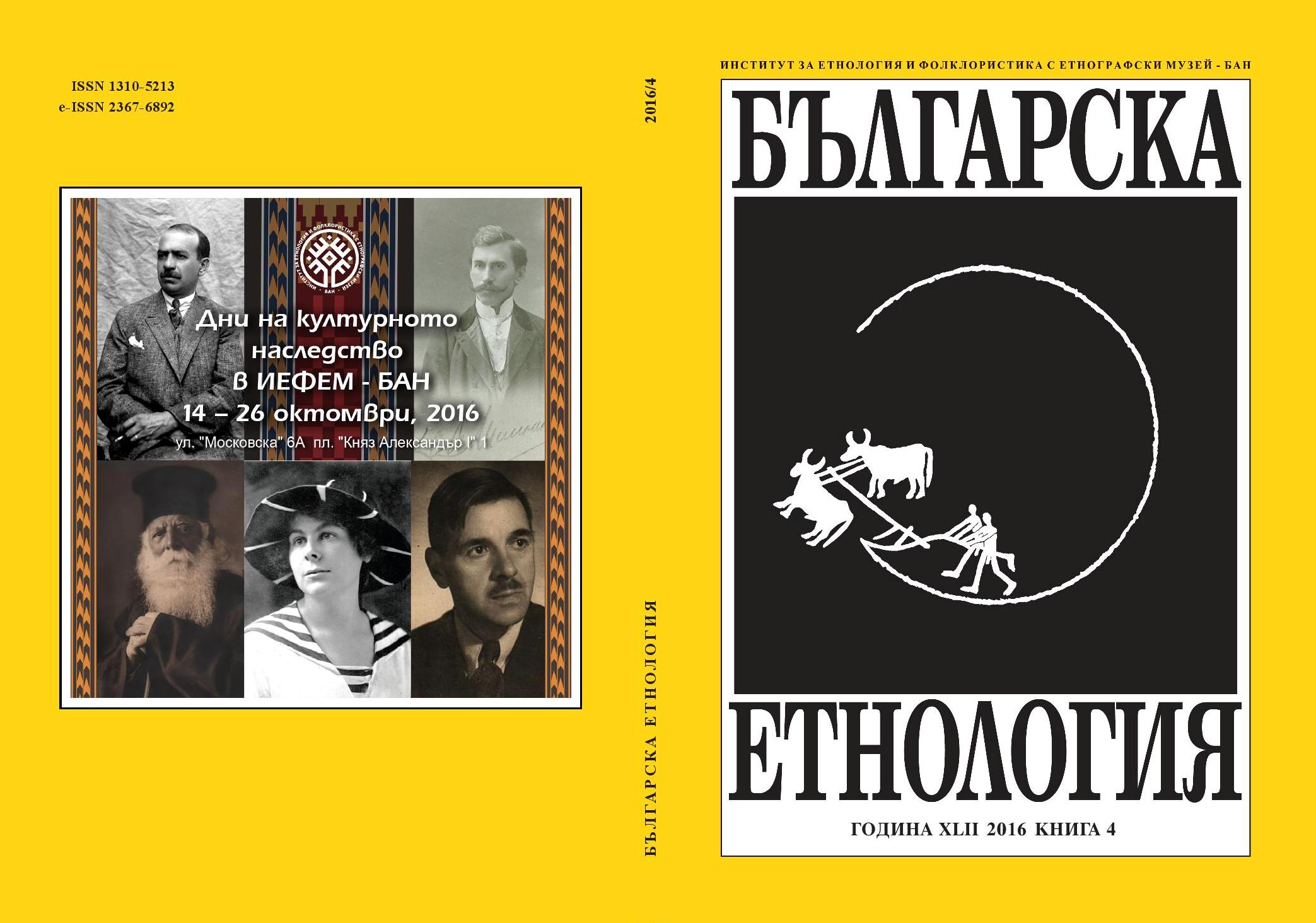
Идентификационни стратегии на българите в Украйна
The article analyses the process of choosing different strategies of identification bythe Bulgarians in Ukraine. The present state of the “identification processes” againstthe background of the “war of memory” and the “invented traditions” places themamong the priority problems of science and politics.The subject of analysis are the specifics of the formation of collective memorywhich are at the root of the choice of identification strategy: commemorative practices,mechanisms for memorialization of the past, the correlation between the localgroup history and the national strategies of Bulgaria and Ukraine. The conclusionis that the choice of identification behaviour is influenced by the efficiency of thesocial adaptation under the specific historical circumstances. The social resources atdisposal of the group in any particular moment influence the choice of vectors of thecollective memory and predetermine the formation of defensive practices aiming topreserve the group.
More...
